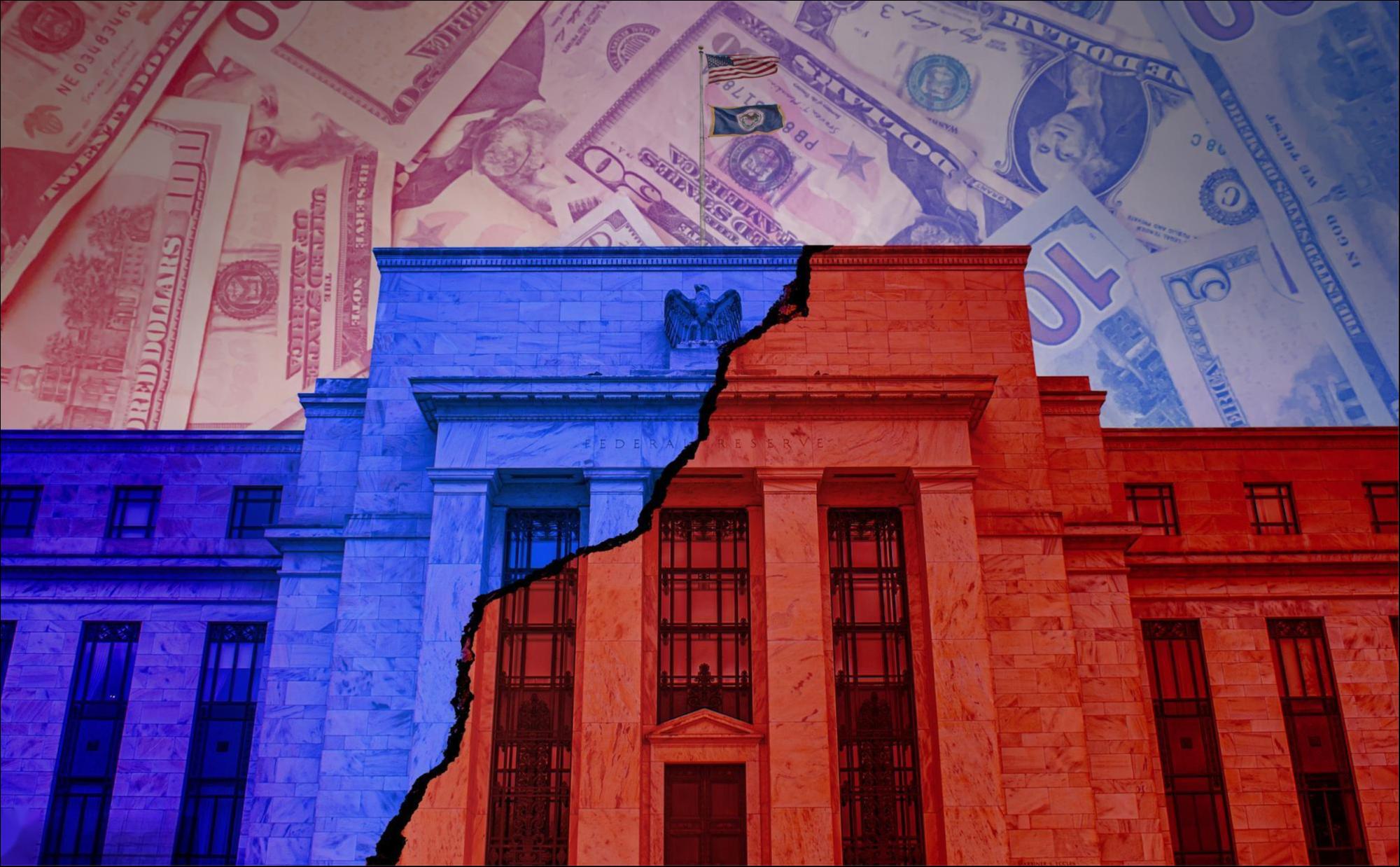
Recently, Oracle's $300 billion computing power agreement with OpenAI sparked market euphoria, sending its stock price soaring. However, this has also significantly heightened concerns about a bubble.
First, OpenAI faces significant challenges to its financial sustainability. With annual revenue of approximately $10 billion, it pays $60 billion annually for the computing power agreement, representing six times its revenue. While the company projects significant future revenue growth, these targets are highly dependent on ChatGPT's continued explosive growth and widespread global adoption. If user growth falls short of expectations or technological development hits a bottleneck, OpenAI could face severe cash flow issues and even be forced to lay off staff or curtail projects. This would not only impact the company's own stability but also significantly impact Oracle's revenue projections.
At the same time, Oracle faces significant financial and operational risks. Over 65% of its remaining fulfillment revenue comes from OpenAI, a concentration of orders far exceeding market expectations. This heavy reliance on a single customer makes Oracle's financial health highly sensitive. If OpenAI's financial situation deteriorates or contract execution is hindered, Oracle's performance and stock price will face a significant blow. Furthermore, to meet contractual requirements, Oracle needs to invest heavily in AI chips and data centers, saddled with substantial debt and a leverage ratio of 4.3 times, far exceeding the industry average. Rating agencies such as Moody's and S&P have warned that if Oracle fails to reduce its debt-to-earnings ratio below 3.5 times, its credit rating could be downgraded, further increasing financing costs.
From an industry perspective, the authenticity of the demand for AI computing power is questionable. Despite the rapid development of AI technology, the market's enthusiasm for its computing power may be overstated. If AI applications cannot be effectively monetized or technological development stagnates, these massive investments may not be recouped, creating a bubble. For example, despite record revenue, optical module giant Coherent's stock price plummeted due to earnings guidance that fell short of expectations, reflecting market concerns about the sustainability of the AI industry chain. Furthermore, historical precedents, such as the dot-com bubble and tulip mania, warn investors to view the current AI craze with caution and avoid blindly following the trend. In terms of regulation and risk management, the AI field currently lacks globally unified regulatory standards, and issues such as data privacy, algorithm transparency, and ethical risks are prominent. While high-risk application regulations such as the EU's "AI Directive" provide a reference, cross-border cooperation and enforcement still need to be strengthened. Establishing a third-party risk assessment mechanism and regularly auditing the financial health, technical feasibility, and societal impact of AI projects is particularly important. At the same time, the international community should collaborate through platforms such as the United Nations and the G7/G20 to address global challenges such as data security, the weaponization of AI, and the uneven distribution of computing power, ensuring that technological development is aligned with societal interests.
Looking ahead, OpenAI must strike a balance between short-term commercialization pressures and long-term technological investment. The company needs to accelerate commercialization while maintaining its technological leadership, ensuring that revenue growth can support its substantial expenditures. Markets and investors should also be wary of sentiment-driven bubbles and focus on company fundamentals and sustainability, avoiding overlooking potential risks due to short-term gains. Furthermore, the uncertainty of forward contracts must be addressed. Historical cases show that large-scale agreements can be adjusted or even canceled due to policy, technological, or market changes. In short, Oracle and OpenAI's $300 billion deal reflects the coexistence of enthusiasm and risk in the AI field. While massive investments can accelerate technological breakthroughs, without effective financial and risk management, this "big gamble" could potentially lead both parties into a catastrophic situation. True innovation shouldn't be about blindly burning money, but about sustainable technological implementation and value creation.

Recently, US Treasury Secretary Mnuchin publicly stated that the selection process for the next chair of the Federal Reserve has been initiated.
Recently, US Treasury Secretary Mnuchin publicly stated tha…
At the dawn of 2026, the United States launched a military …
From the stiff step when it first debuted in 2022 to demons…
"On the early morning of January3,2026, the United States l…
"We absolutely need Greenland," Trump's straightforward sta…
On January 3rd, the US Special Forces launched a surprise a…